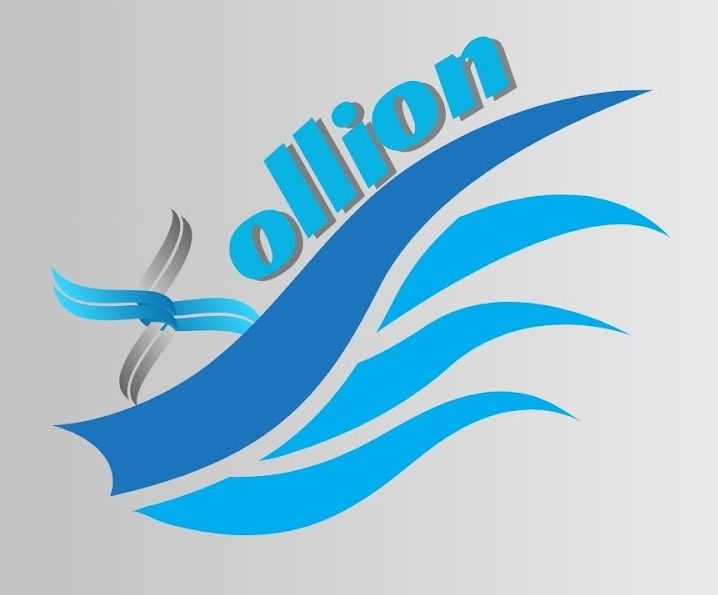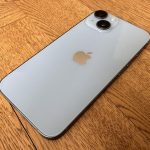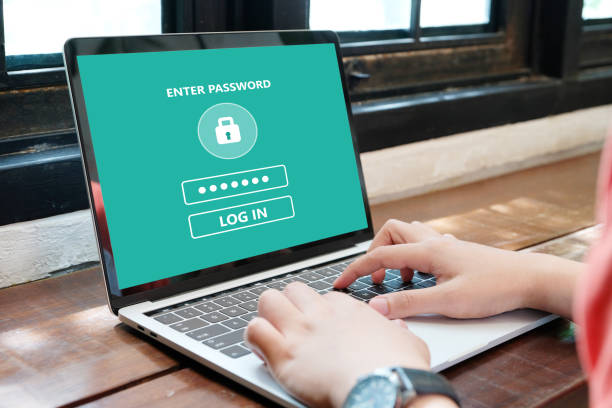What is Pimples?
Pimples, also known as acne, are small inflamed bumps on the skin that occur when hair follicles become clogged with oil and dead skin cells. They can appear anywhere on the body, including the forehead, and are a common skin condition that affects people of all ages. Isotretinoin 40 mg helps in pimple cure.
What are the causes of Pimples?
Several factors can contribute to the development of pimples on the forehead, including:
- Excess oil production: When the sebaceous glands produce too much oil, it can clog pores and lead to acne.
- Dead skin cells: Buildup of dead skin cells can mix with oil and block pores, causing pimples.
- Bacteria: The presence of bacteria on the skin, particularly Propionibacterium acnes, can lead to inflammation and acne.
- Hormonal changes: Fluctuations in hormones, such as during puberty or menstruation, can increase oil production and contribute to acne.
- Certain medications: Some medications, including corticosteroids and lithium, can contribute to the development of acne.
- Diet: Some studies suggest that certain foods, such as dairy products and foods high in carbohydrates, may worsen acne in some people.
What are the types of Pimples?
There are several types of pimples that can occur on the forehead, including:
- Whiteheads: Closed comedones that appear as small, white bumps on the skin.
- Blackheads: Open comedones that appear as dark spots on the skin.
- Papules: Small, red bumps that may be tender to the touch.
- Pustules: Red bumps with a white or yellow center, indicating the presence of pus.
- Nodules: Large, painful bumps that form deep within the skin.
- Cysts: Painful, pus-filled lumps that form deep within the skin and can cause scarring.
What are the treatments for Pimples?
Medication:
- Topical treatments: Over-the-counter creams and gels containing ingredients like benzoyl peroxide, salicylic acid, or retinoids can help unclog pores and reduce inflammation.
- Oral medications: In some cases, oral medications such as antibiotics, hormonal treatments, or isotretinoin 20mg may be prescribed by a dermatologist to treat severe acne.
- Corticosteroid injections: For large, painful pimples, corticosteroid injections can help reduce inflammation and speed up healing.
Home remedies:
- Tea tree oil: Known for its antibacterial properties, tea tree oil can be applied topically to help reduce acne-causing bacteria.
- Honey and cinnamon mask: A mixture of honey and cinnamon can help reduce inflammation and bacteria on the skin.
- Apple cider vinegar: Diluted apple cider vinegar can be used as a toner to help balance the skin’s pH and reduce acne.
- Aloe vera: Aloe vera gel can help soothe inflamed skin and promote healing.
Dermatologist Tips:
- Cleanse your face twice a day with a gentle cleanser to remove excess oil and dirt.
- Avoid using harsh scrubs or exfoliants, as they can irritate the skin and worsen acne.
- Use non-comedogenic skincare and makeup products to prevent clogging pores.
- Avoid touching your face, as this can transfer bacteria and oils to the skin.
- Follow a healthy diet rich in fruits, vegetables, and whole grains to support overall skin health.
By understanding the causes and types of pimples that can occur on the forehead, as well as the various treatment options available, you can effectively manage and prevent acne for clearer, healthier skin. If your acne is severe or persistent, consider consulting a dermatologist for personalized treatment recommendations.
Conclusion:
In conclusion, dealing with forehead pimples can be frustrating, but with the right knowledge and approach, you can effectively manage and prevent them. Understanding the causes of pimples, including excess oil production, dead skin cells, bacteria, hormonal changes, and certain medications, is key to implementing an effective treatment plan.
FAQ:
When should I see a dermatologist for my forehead pimples?
If your forehead pimples are persistent, severe, or causing scarring, it may be time to consult a dermatologist. They can provide personalized advice and treatment options tailored to your skin.
Can diet affect forehead pimples?
Some studies suggest that certain foods, such as dairy products and foods high in carbohydrates, may worsen acne in some people. Maintaining a healthy diet rich in fruits, vegetables, and whole grains can support skin health and reduce the likelihood of breakouts.
Is it okay to pop pimples on my forehead?
It is not recommended to pop pimples on your forehead or anywhere else on your face. Popping pimples can lead to further inflammation, infection, and scarring. It’s best to leave them alone and use proper skincare treatments instead.







